Thomas Geiger and Kunsthalle 3000 in conversation with Carolina Perez Pallares and Karoline Schneider
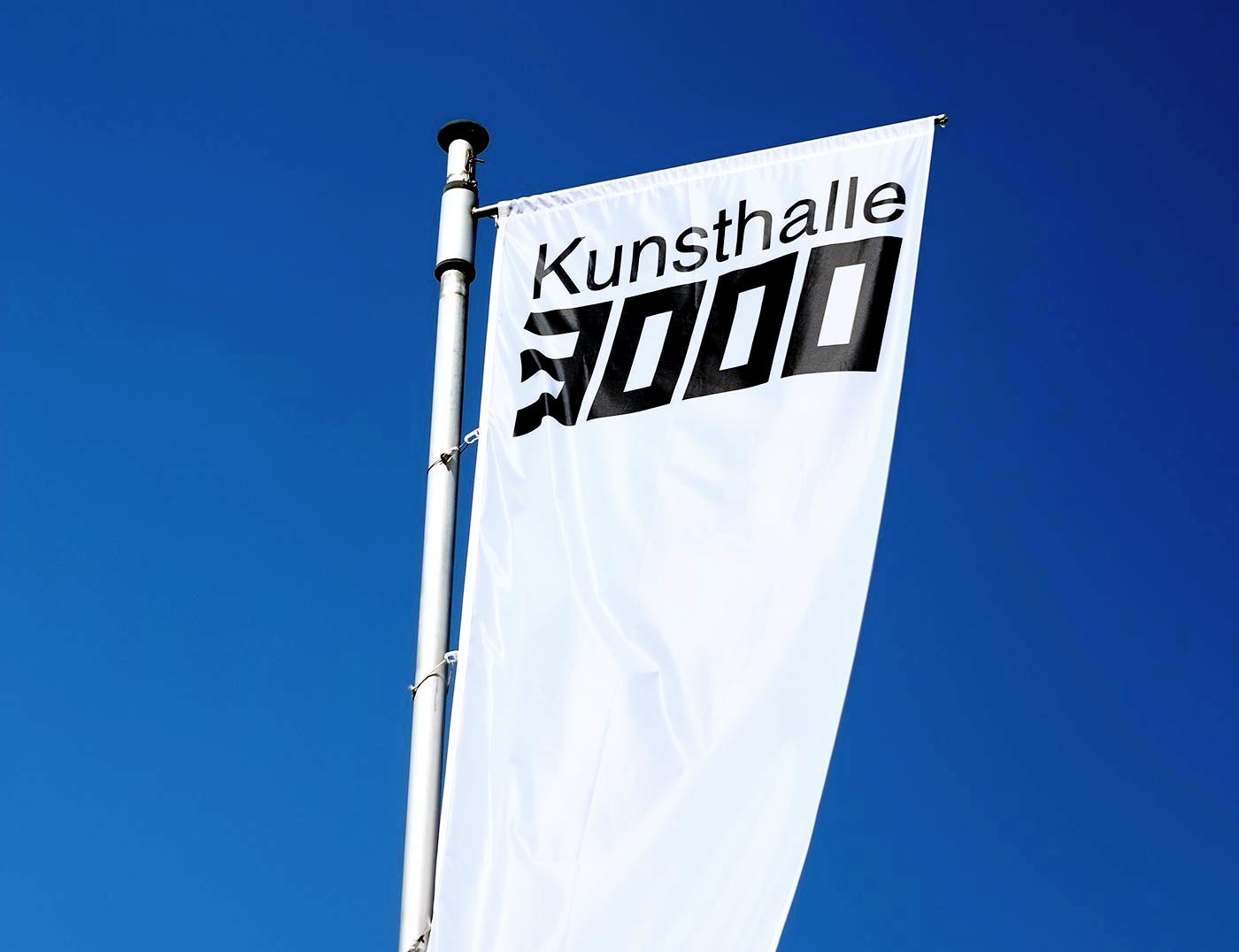
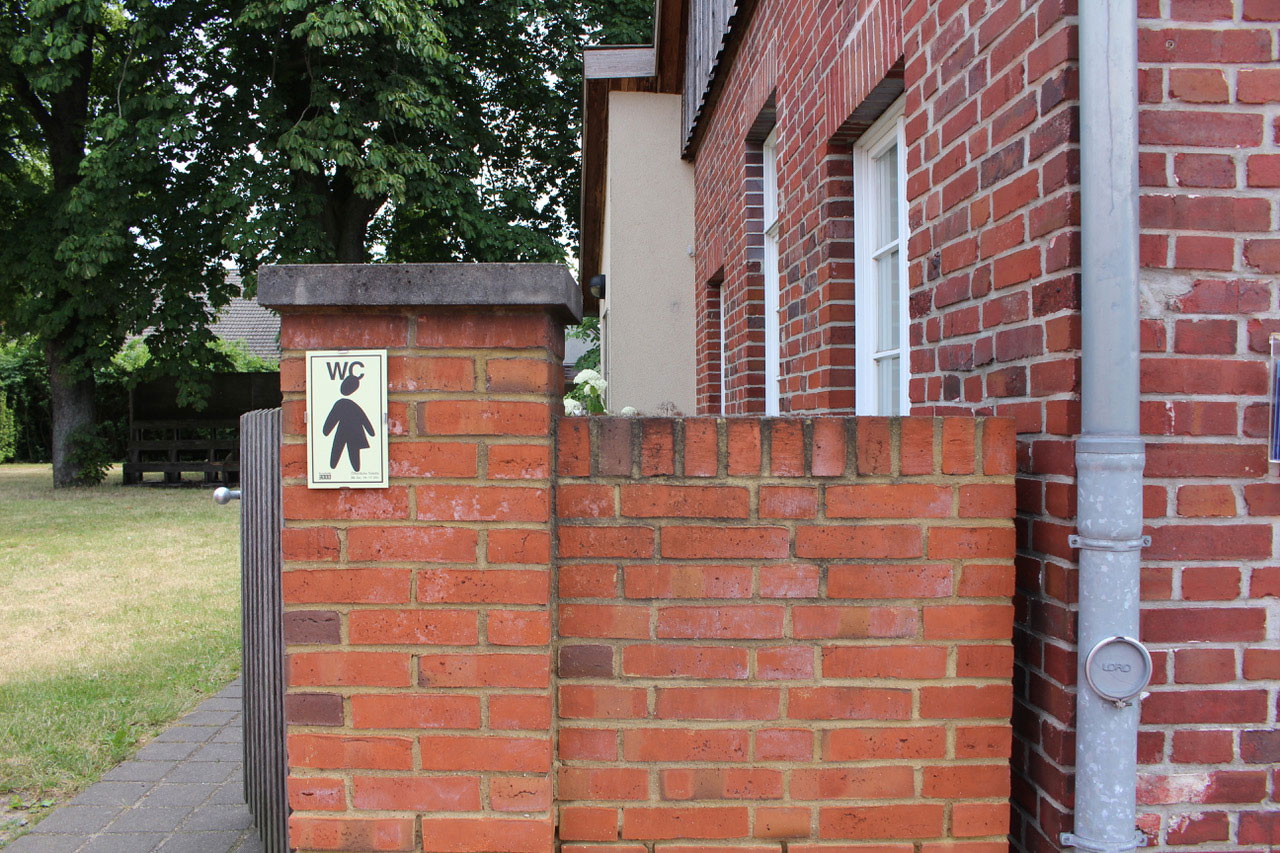
„At some point I got interested in the discrepancy between performance in public space and its representation in institutions and museums. I was wondering what would be the ideal institution for ways of working in public space. Then the idea came up to understand the institution itself as an intervention. Kunsthalle 3000 is this institution as intervention, which, as an ever-emerging structure, without a fixed location, creates a framework for works in public space.“
„Historically, the concept of the Kunsthalle was an institution that emerged in small towns, contrary to the large museums, in order to give the middle classes access to art. The question was: How can you take up this idealistic approach again and dismantle the barriers between society and museums? Thus, it was also clear that this Kunsthalle could and should be placed directly in society, directly in public space.“
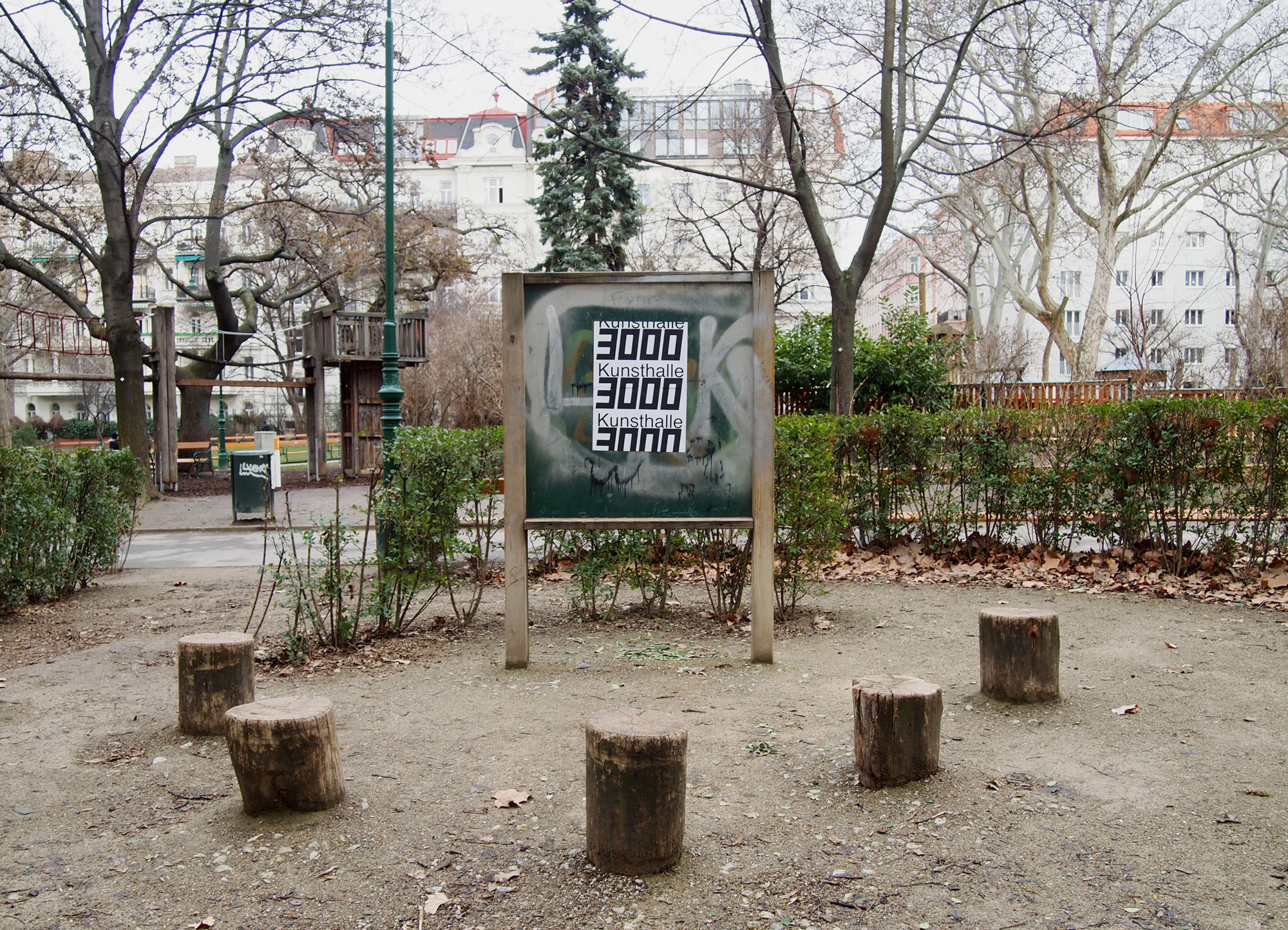
„The first Kunsthalle 3000 was in a park in my neighborhood in Vienna. Pretty hidden, it was still a rather inaccessible place. As an experiment, it was not necessarily intended to be continued. It came about by chance. I had a fellowship in Johannesburg and was suddenly confronted with a completely different structure of how public space works and what public space actually is. There I realized that the project has a certain potential, because it doesn’t just exhibit works, it actually exhibits concepts of public space itself. By taking a fragment of it and declaring it an institution, you also declare this public space itself to be a work of art, with all its problematics and its benefits. After Johannesburg, this choice of location has become more and more precise in the following Kunsthalle 3000 projects. Basically, the concept is about social wounds, where this question, what does public space mean in a particular city, for the particular people, can be addressed more.“
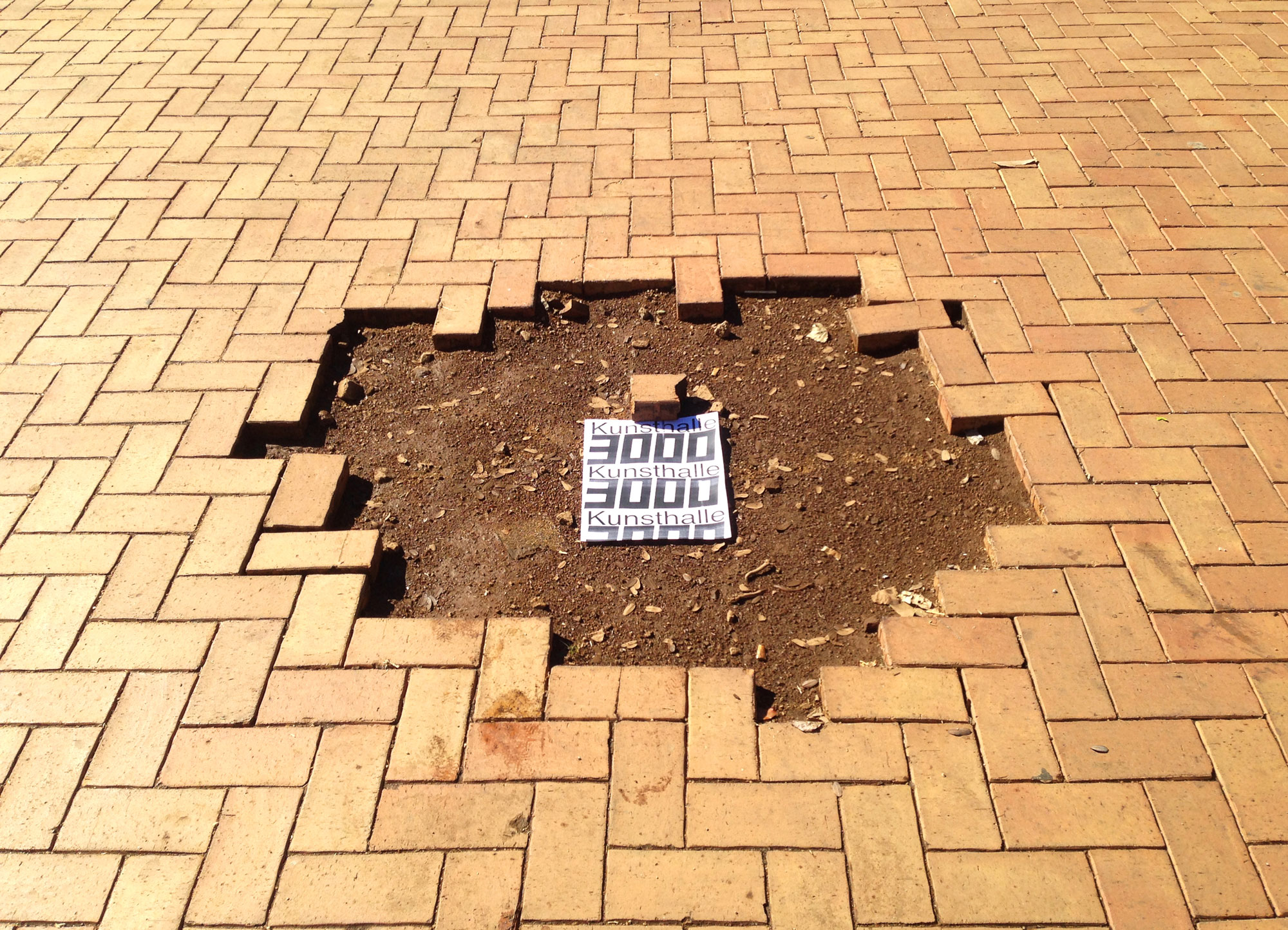
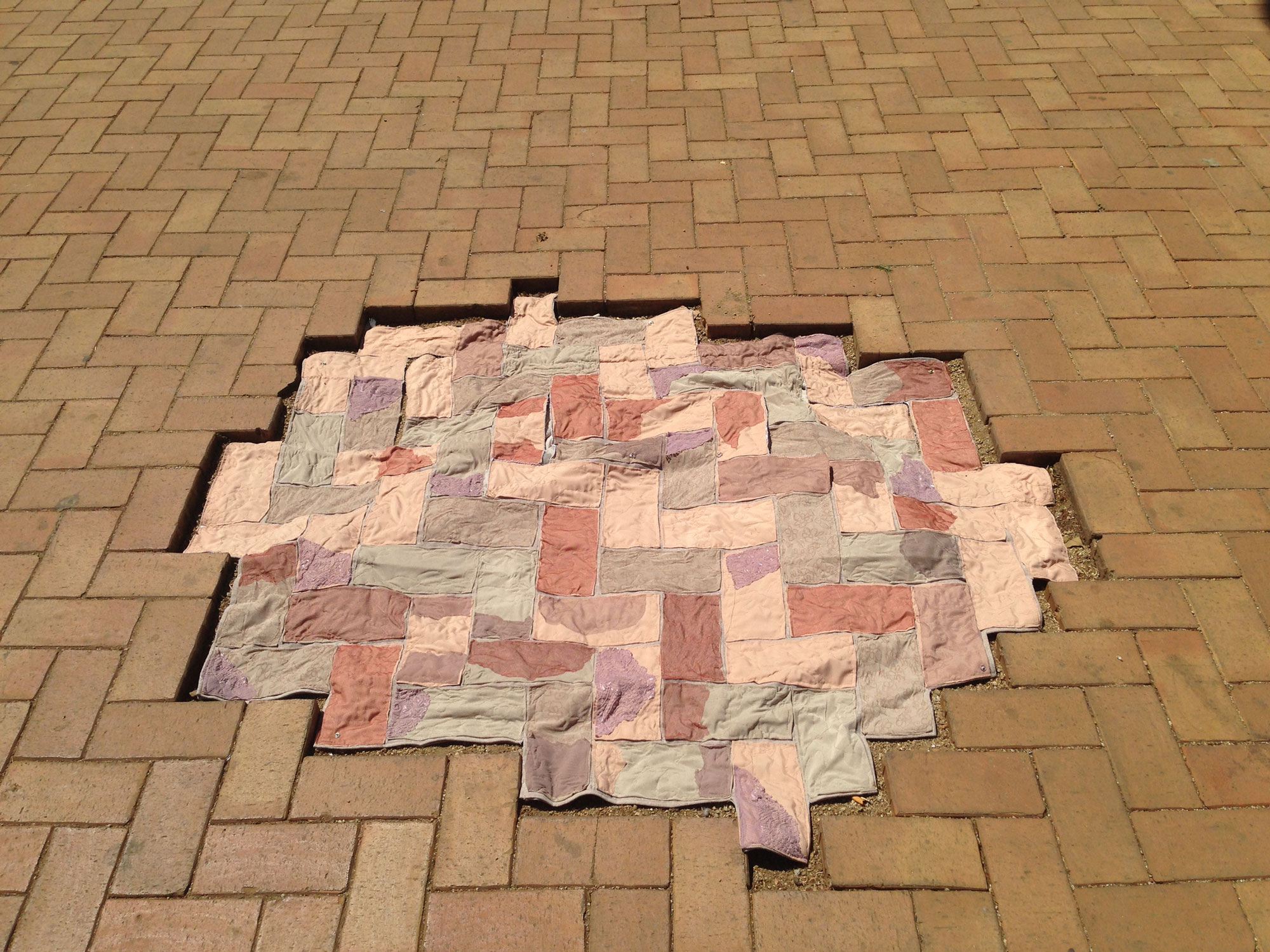
„On a spot in Beyers Naudé Square, I then made the Kunsthalle 3000 take place in this little gap where the paving stones were missing. I learned a lot of new things about this project at that point. Through the approach of the artists, who taught me how public space works in their city, who were my guests in this Kunsthalle, but who were also guests in their own city and could reflect back on their own place of residence.“
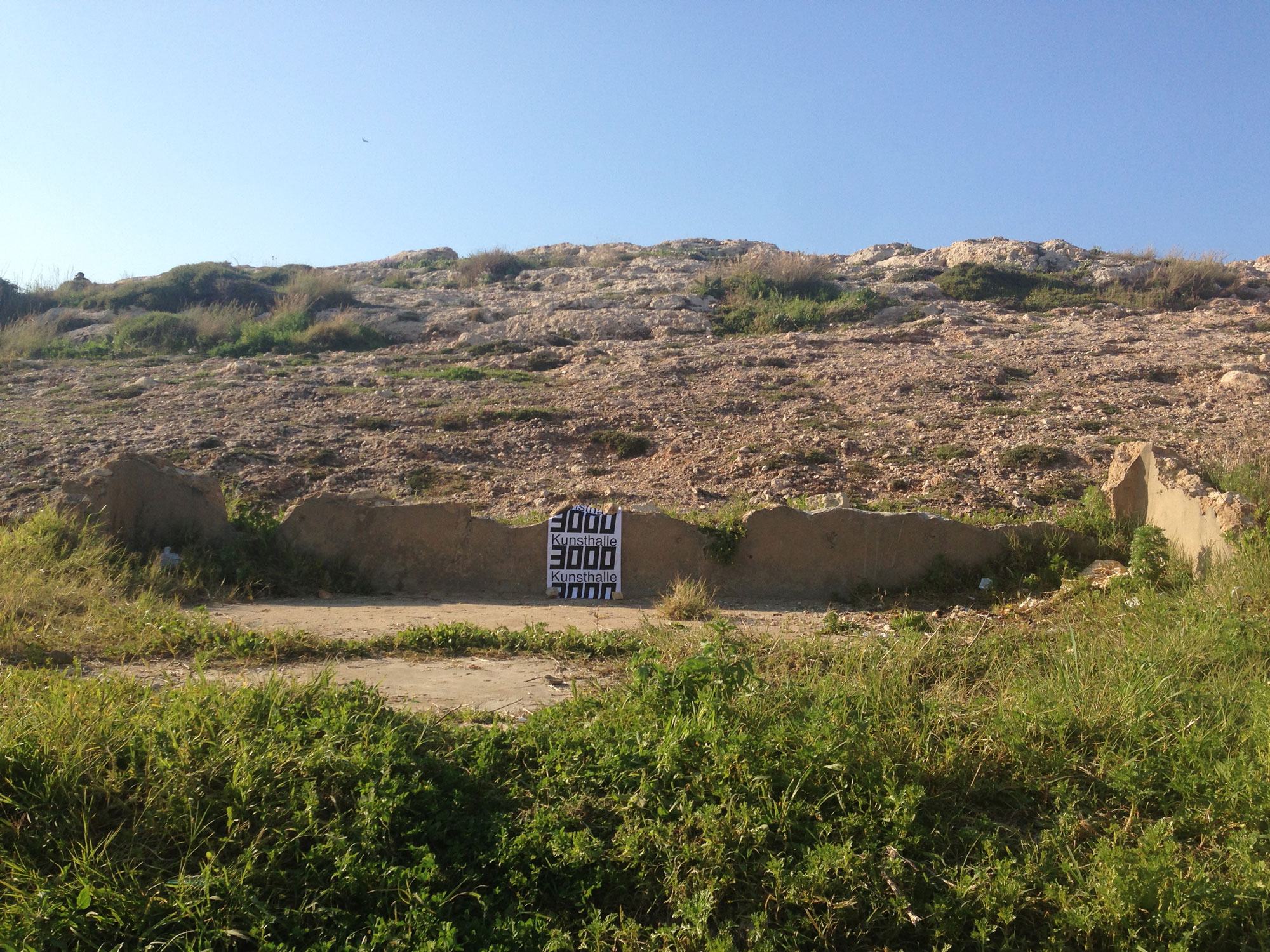
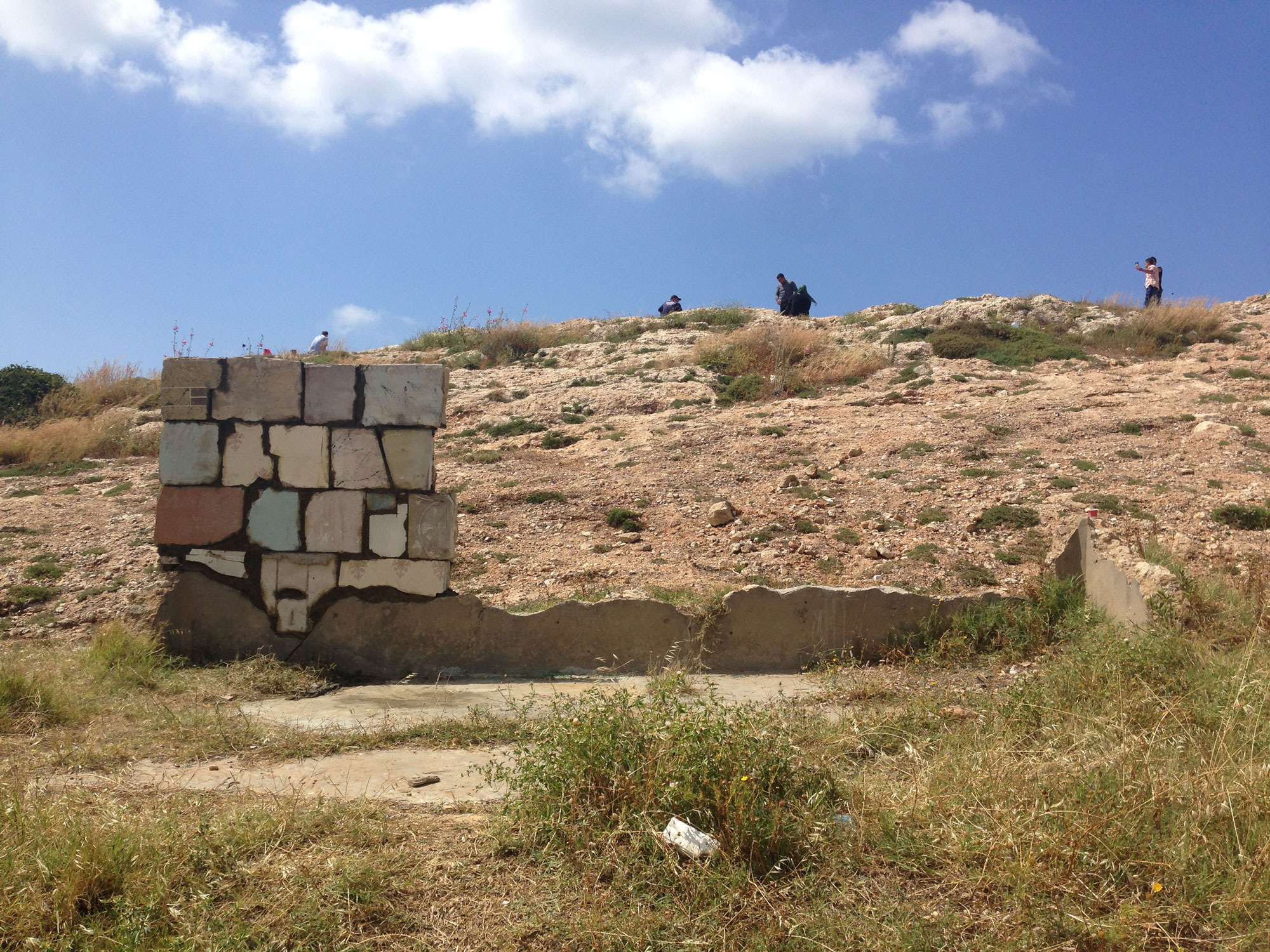
„In Beirut in the city center, public space has a rather negative connotation. There, the spaces to which you have to buy access are the preferred spaces, and in the center there is this wasteland that is also privatized but to which people have gained access and use it as a public space. To use this place in its quality as a non-public and just public space was extremely exciting, and extremely conflictual as well.“

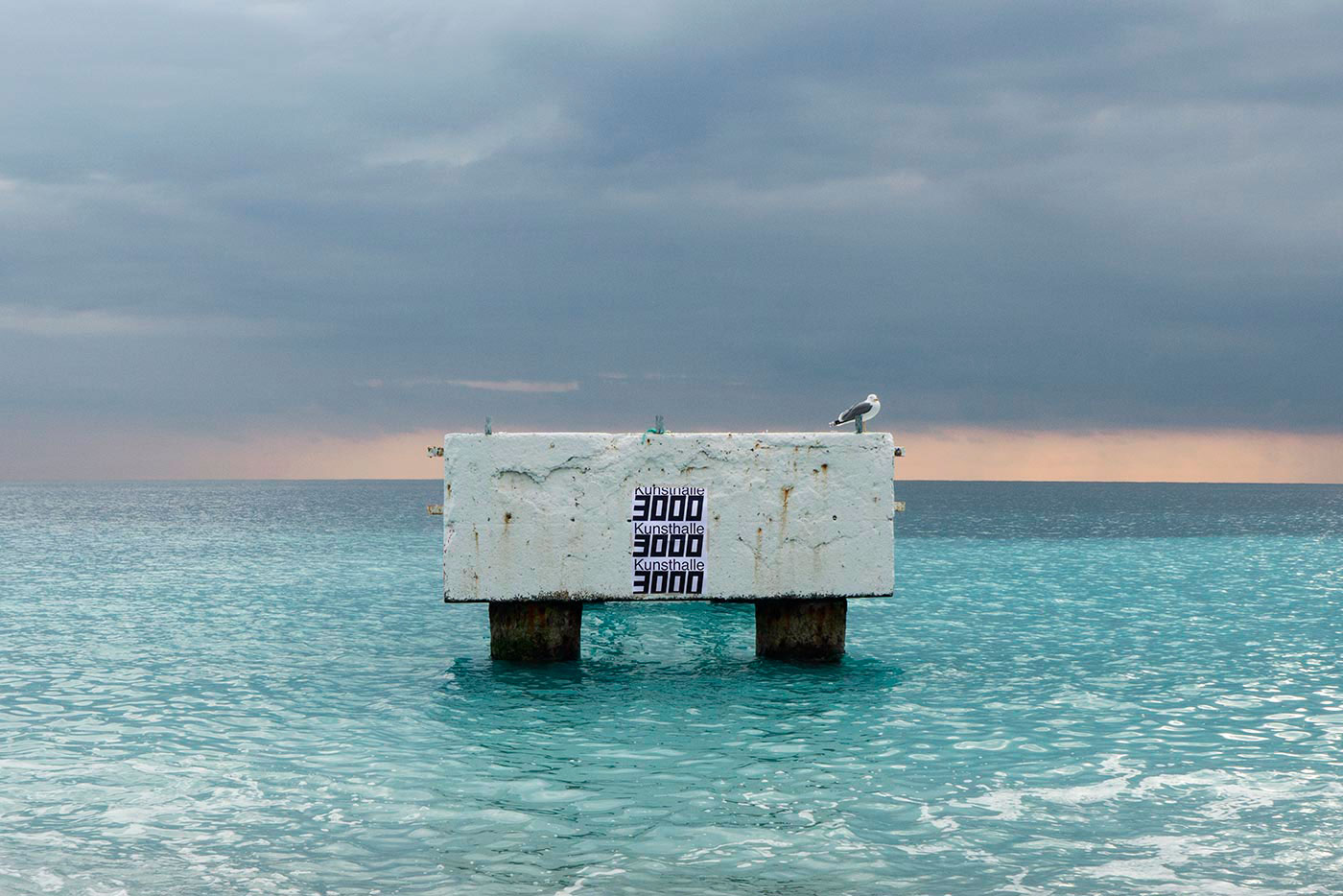
All quotes and photos © Thomas Geiger
open II is supported by:
